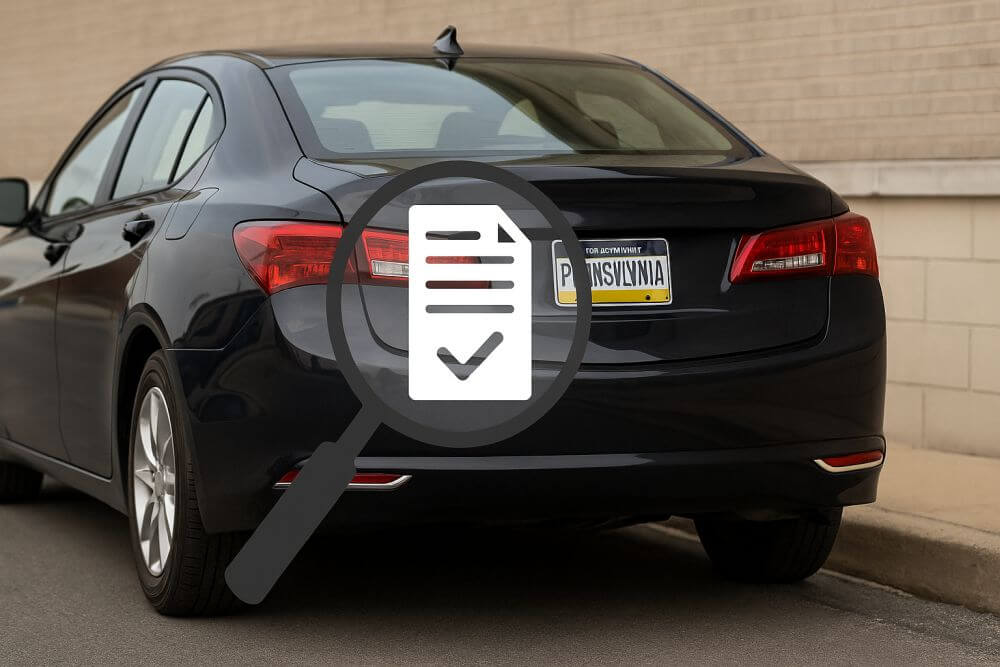In the bustling world of used car transactions and vehicle ownership, having access to reliable information about a vehicle’s history is crucial. For those residing in Texas, conducting a Texas plate lookup can be a game-changer in ensuring the transparency and safety of a vehicle purchase. Whether you’re a seasoned car owner or in the market for a used vehicle, understanding how to access this information can help you avoid potential pitfalls. One effective way to begin your search is by using a check VIN service, which provides insights into a vehicle’s past, thus aiding in making informed decisions.
What is a Texas Plate Lookup?
A Texas plate lookup involves searching for information linked to a vehicle’s license plate number. This process can reveal a variety of details, such as the vehicle’s make, model, year, and, most importantly, its history. For prospective buyers, this can include accident reports, title issues, and previous ownership details, all of which are critical when evaluating a used car.
Why Conduct a Texas Plate Lookup?
Conducting a Texas plate lookup is essential for several reasons:
- Uncover Hidden Issues: A plate lookup can reveal accident records, flood damage, or other title concerns that may not be visible during a physical inspection.
- Verify Ownership: Ensure that the person selling the car is the legitimate owner to avoid potential legal issues.
- Assess Vehicle Value: Understand the car’s history to evaluate if the asking price is fair.
How to Perform a Texas Plate Lookup
Performing a Texas plate lookup is a straightforward process. Here are the steps you can follow:
- Find a reliable online service that offers license plate searches. One such service is the free Texas license plate lookup provided by VinCheckPro.
- Enter the license plate number into the search tool.
- Review the available information, which can include vehicle specifications, history reports, and other essential details.
Connecting License Plate Lookup with VIN Decoding
While a Texas plate lookup provides valuable information, integrating this with a VIN (Vehicle Identification Number) decoder can offer even more comprehensive insights. The VIN is a unique code assigned to every vehicle, containing details like the country of manufacture, engine type, and model year.
Using both the license plate lookup and a VIN decoder allows for cross-verification of information. This dual approach ensures accuracy and completeness in understanding a vehicle’s history, thus protecting you from potential fraud or misrepresentation.
Call to Action
For those looking to delve deeper into a vehicle’s history, we recommend using VinCheckPro’s free VIN decoder. This tool is invaluable for anyone serious about purchasing a used car, providing a wealth of information that can guide your buying decision.
Frequently Asked Questions (FAQ)
Can I perform a Texas plate lookup for free?
Yes, there are online services such as VinCheckPro that offer free Texas plate lookup options. However, some services might charge a fee for more detailed reports.
What information can I obtain from a Texas plate lookup?
A Texas plate lookup can provide details such as the vehicle’s make, model, year, accident history, title status, and previous owner information.
Is it legal to perform a Texas plate lookup?
Yes, it is legal to perform a Texas plate lookup for personal use, such as evaluating a used vehicle for purchase. However, using this information for unlawful or unethical purposes is prohibited.
How does a VIN decoder complement a license plate lookup?
A VIN decoder provides specific details about the vehicle’s manufacturing and features, which can be cross-referenced with the license plate lookup to ensure accuracy and uncover more about the vehicle’s history.
What should I do if the Texas plate lookup reveals issues?
If a Texas plate lookup uncovers issues such as accidents or title problems, consider discussing these with the seller or looking for another vehicle that meets your criteria without these concerns.


